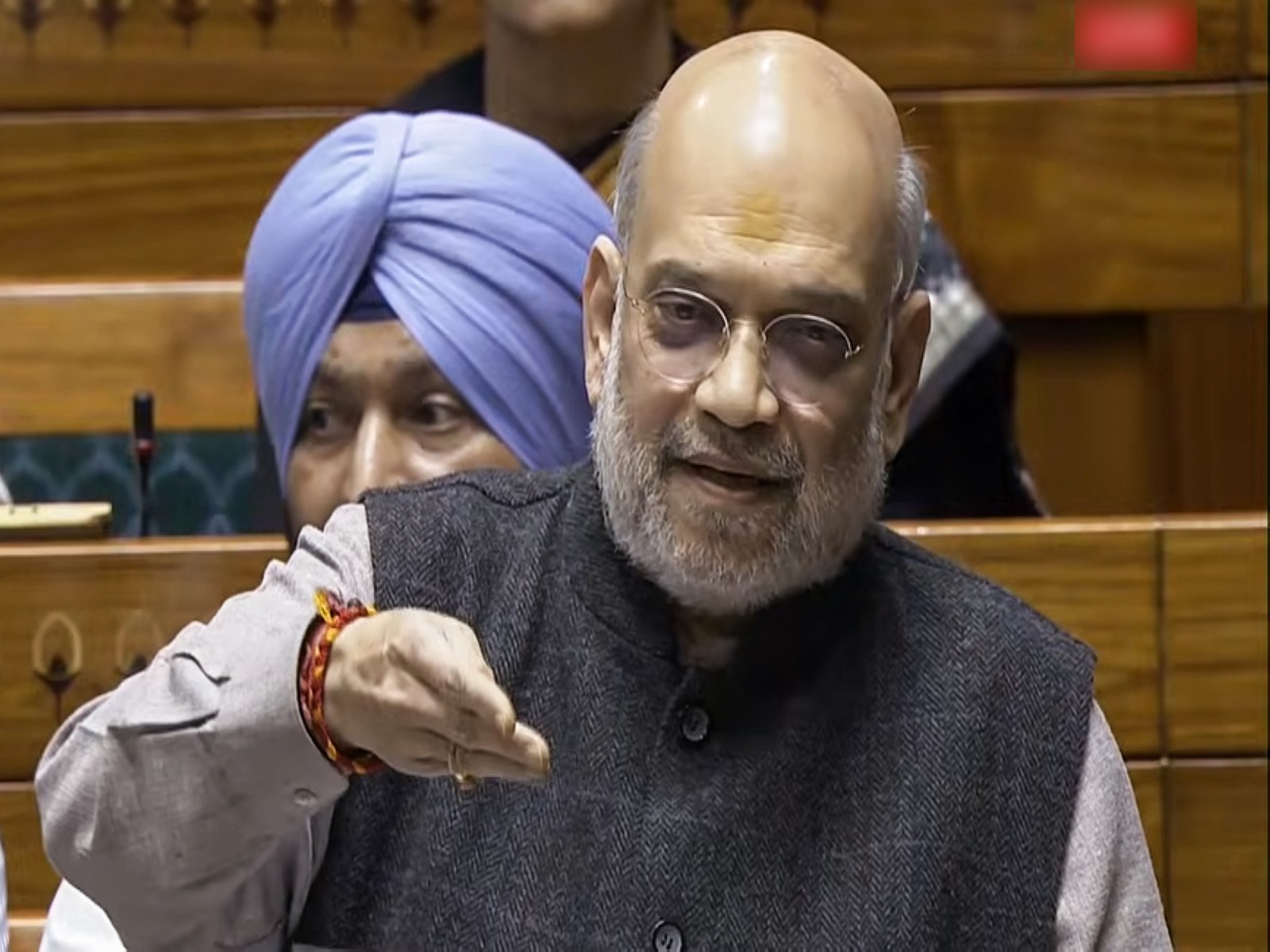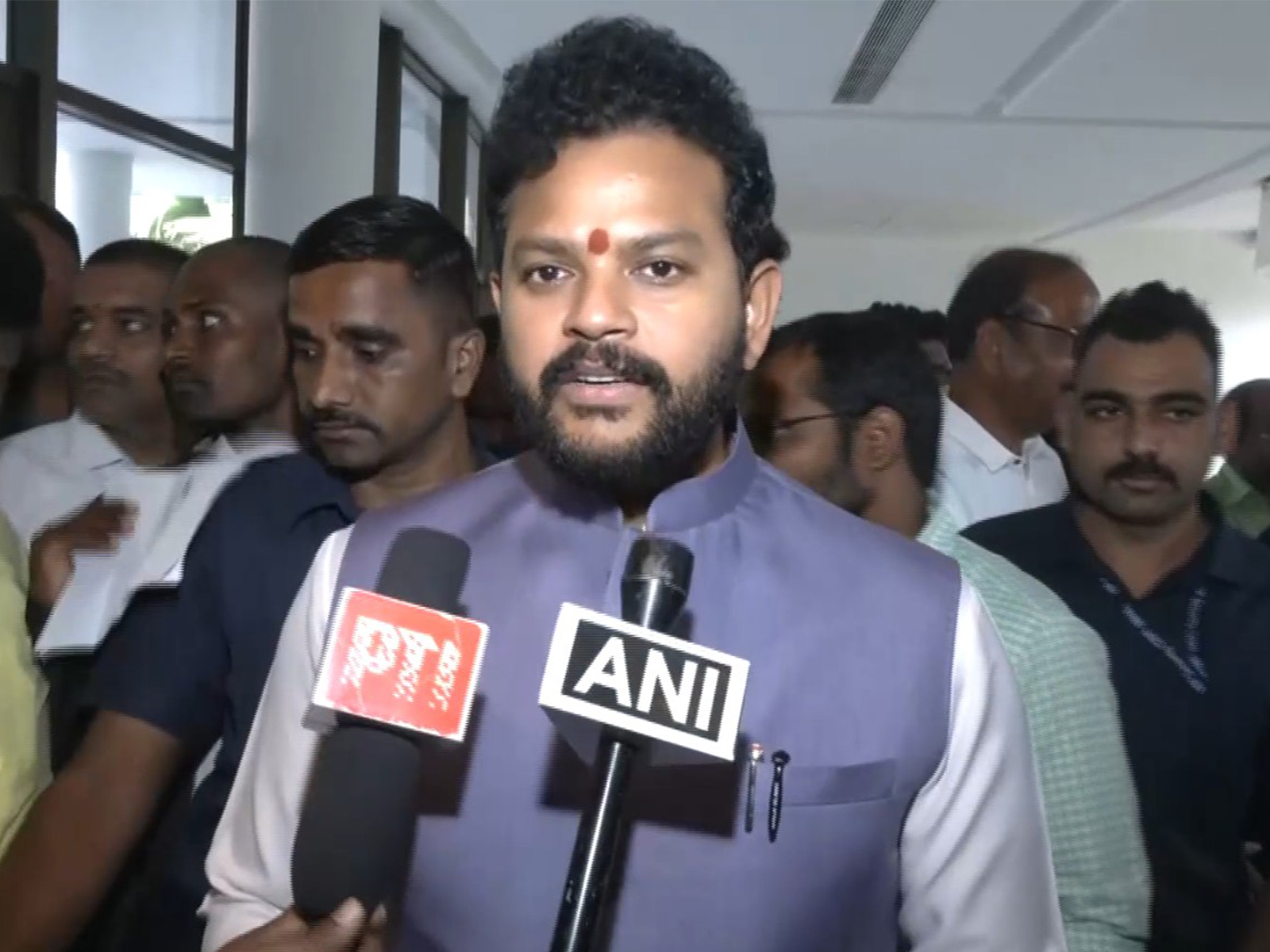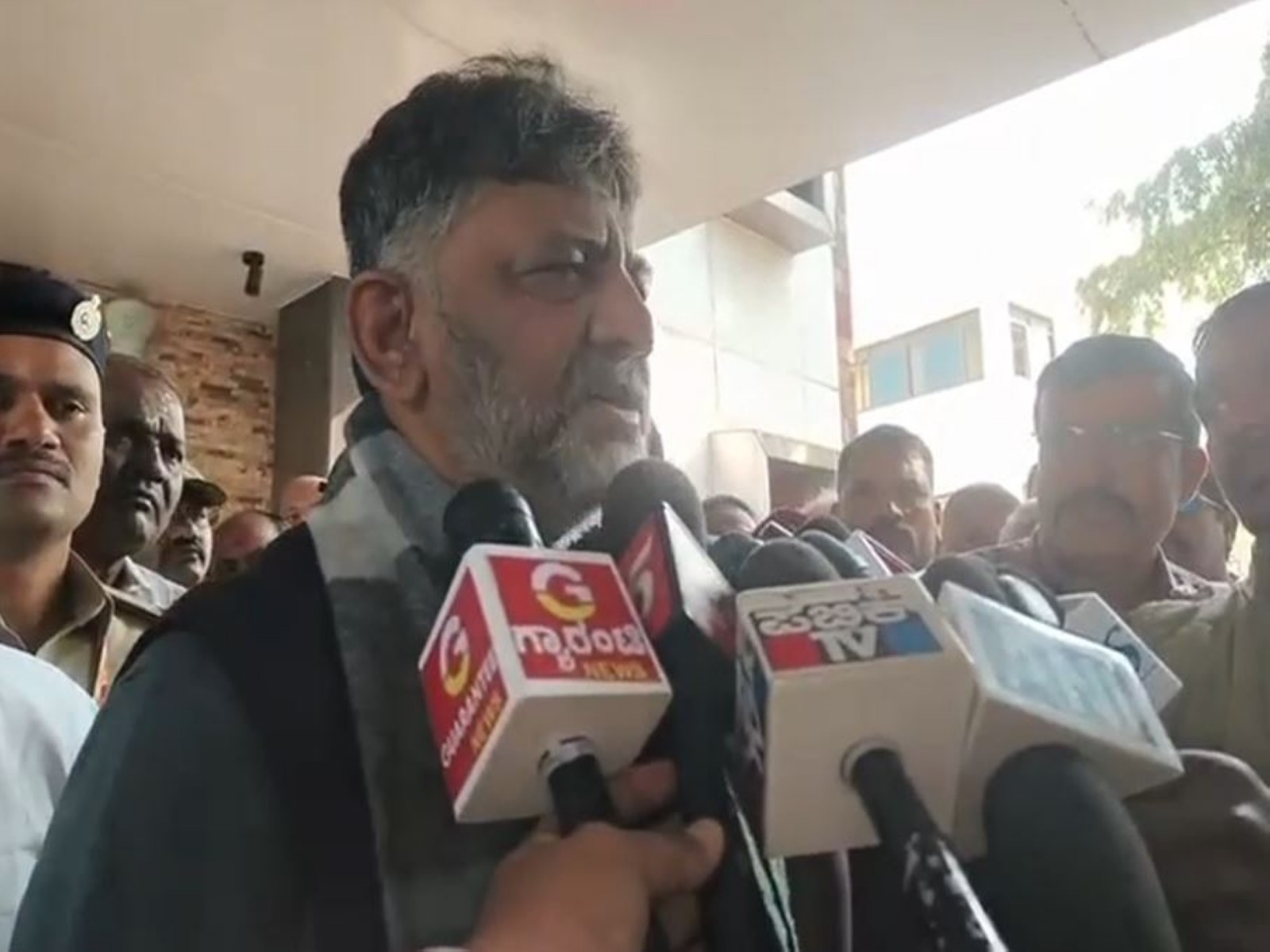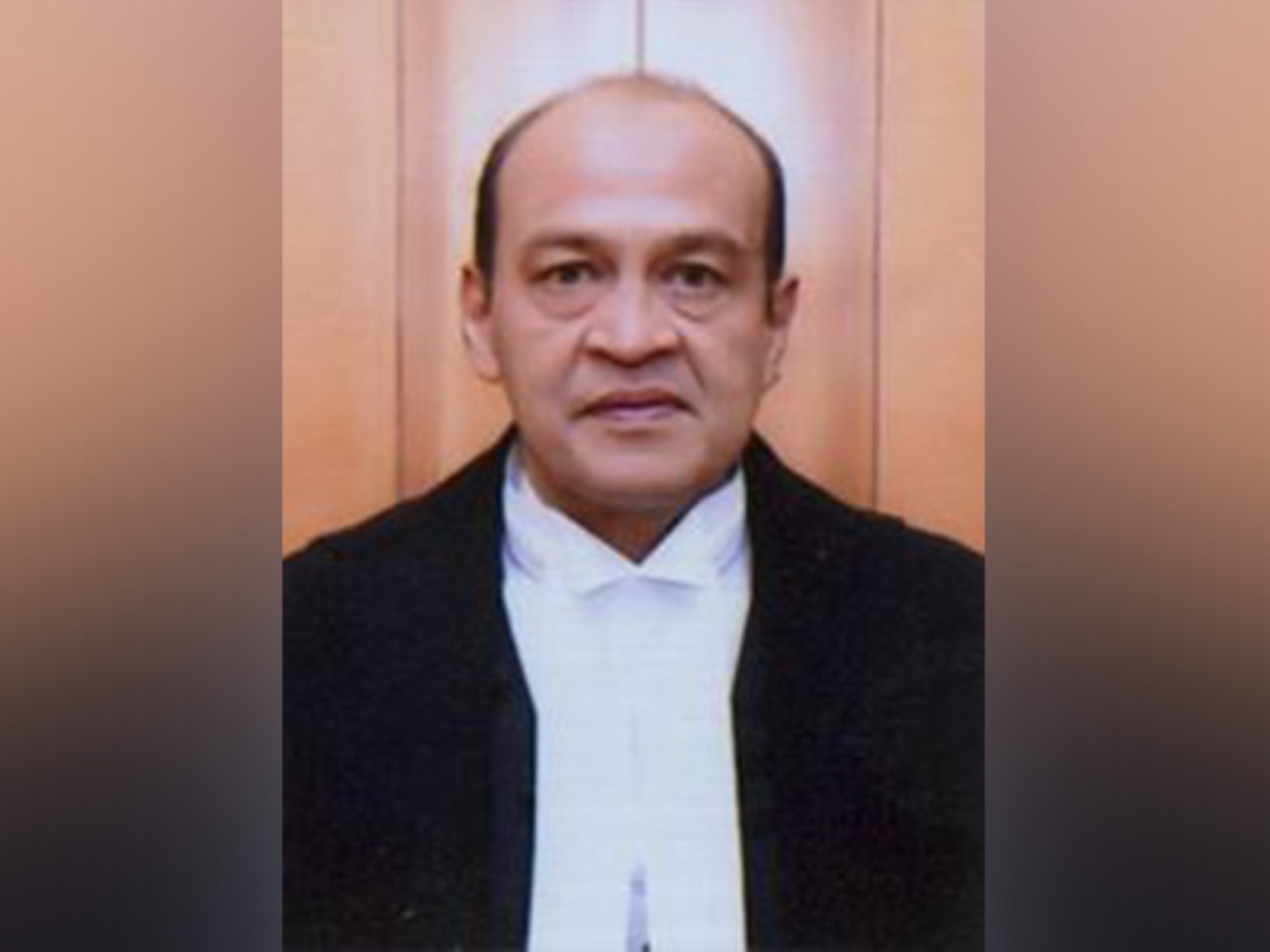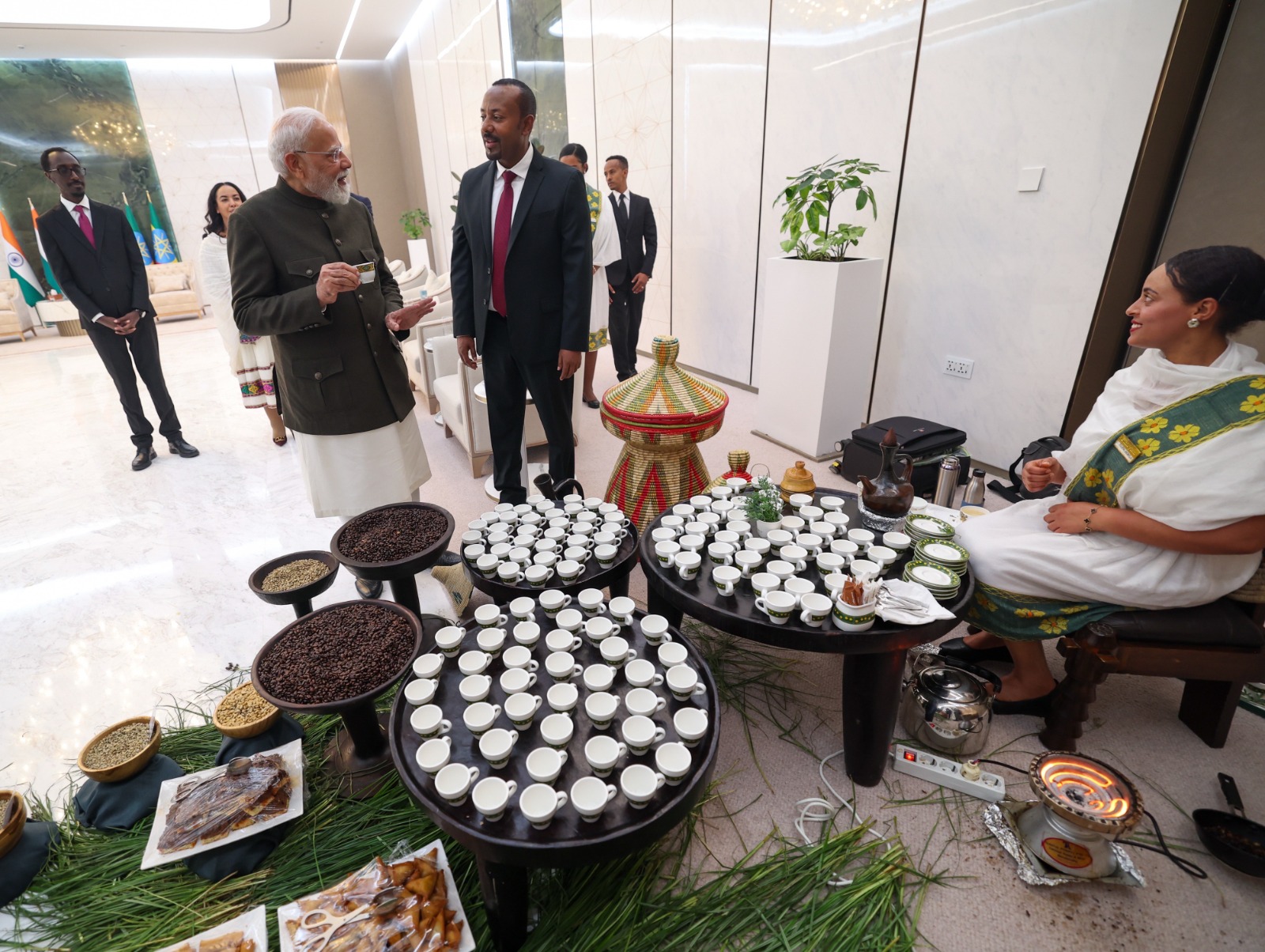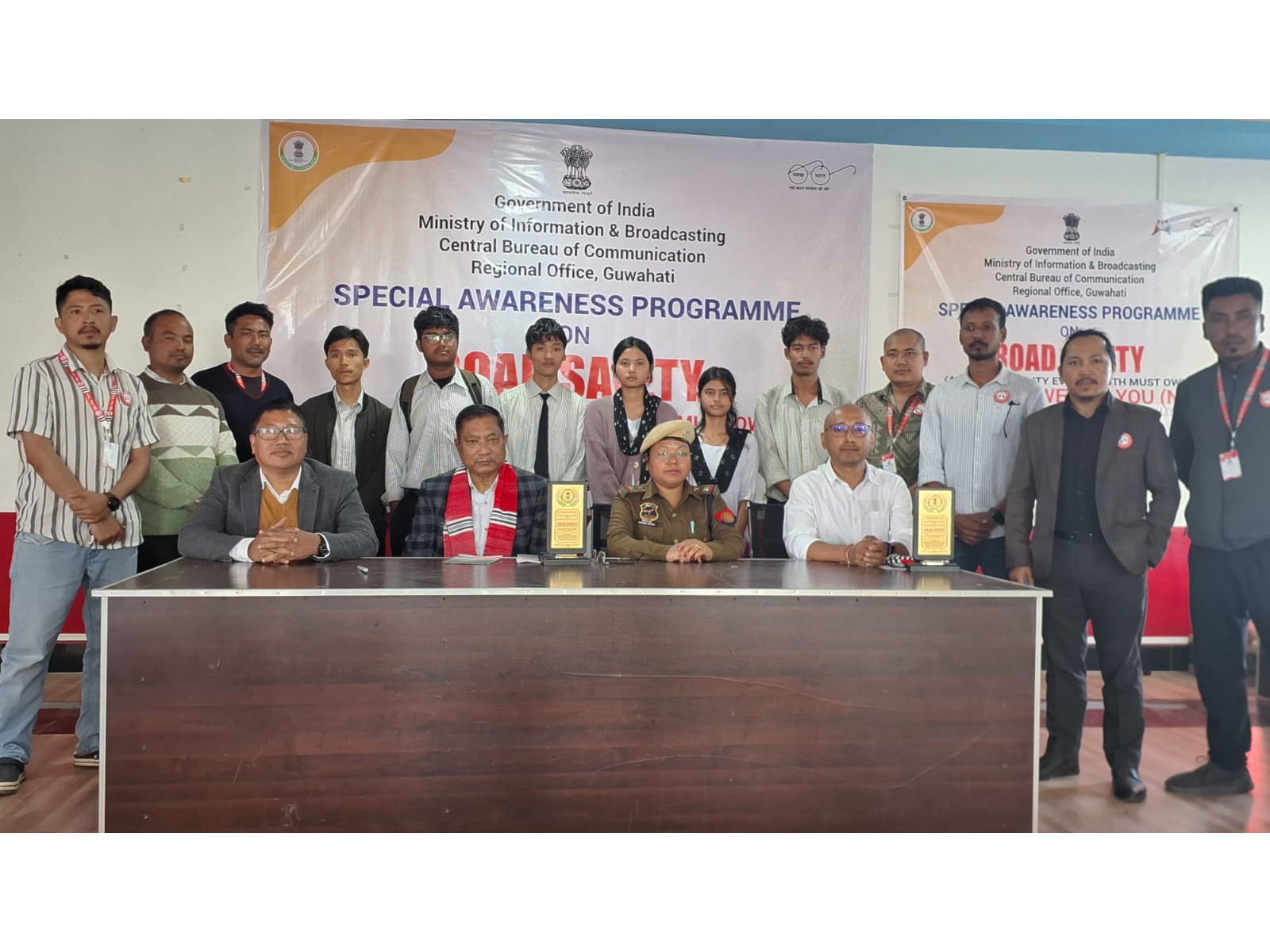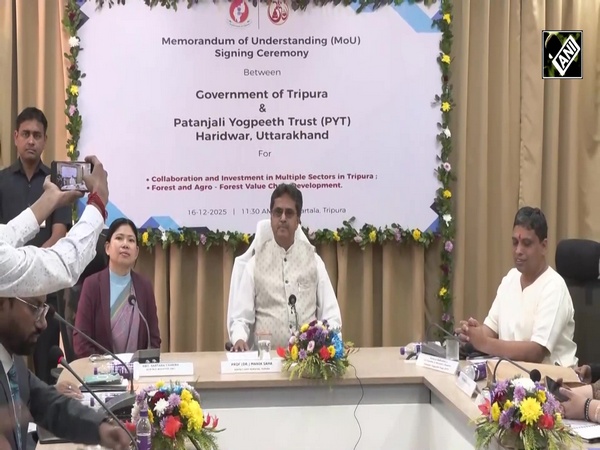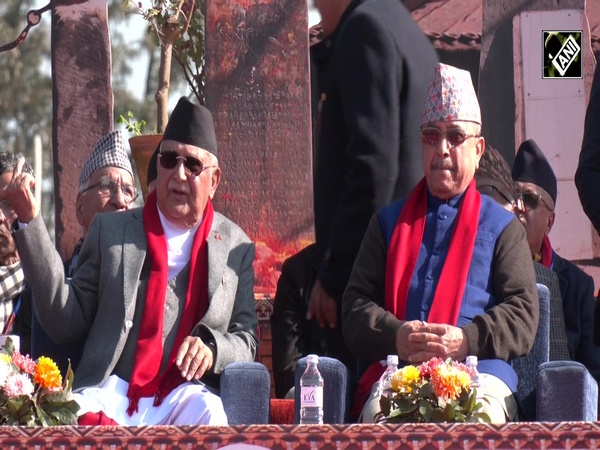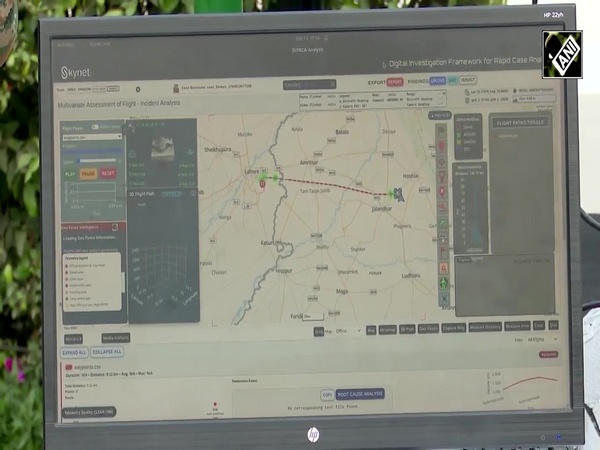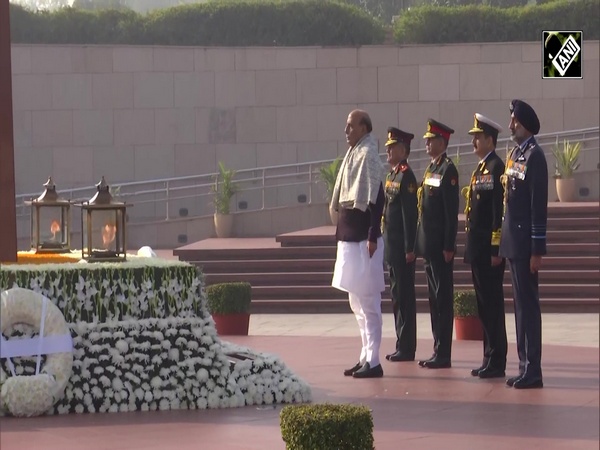Legal experts hail Centre’s move to revamp colonial-era IPC, CrPC, Indian Evidence Act
Aug 11, 2023

New Delhi [India], August 11 : As Union Home Minister Amit Shah introduced three bills to replace the Colonial-era IPC, CrPC, and Indian Evidence Act, in Parliament, several legal experts on Friday welcomed the government's move saying that the legislation would strengthen the country's criminal justice system as the three century-old major criminal laws were in dire need of modifications.
Three bills of momentous significance aimed at replacing British-era laws with a thrust on “justice instead of punishment” were introduced in Lok Sabha on the last day of the monsoon session of Parliament.
The Bharatiya Nagarik Suraksha Sanhita 2023, the Bharatiya Nyaya Sanhita 2023 and The Bharatiya Sakshya Bill 2023 were introduced in the Lower House of Parliament on Friday. Union Home Minister Shah said that the bills are being referred to the Standing Committee for scrutiny.
Responding to it, former Union Law Secretary PK Malhotra said that the three bills-- replacing IPC, Evidence Act and CrPC-- are a much-awaited and desired reform of the criminal justice system.
"The three bills replacing the British era IPC, Evidence Act and CrPC is a much-awaited and desired reform of the criminal justice system. In spite of reforms made so far and a number of reports including Law Commission reports and Justice Malimath Committee reports, justice to the common man has remained a far cry and accused facing trial for petty crimes remain in prisons as undertrials for long period," he told ANI.
"With the procedural changes now suggested like community service for minor offences, use of technology in justice delivery system and rationalising punishment for serious offences, it is expected that justice delivery will be much quicker and reform-oriented," he added.
Meanwhile, senior Advocate Vikas Pahwa said that the laws were implemented more than a hundred years ago and were in dire need of modifications.
"The three Criminal Major Acts were implemented more than a hundred years ago and were in dire need of modifications. As a criminal lawyer, I have always felt that the procedure of trials, the definitions of penal offences and the law of evidence are archaic, need radical changes and have to be in sync with modern India. Any law formulated along these lines would be propitious for the criminal justice system of our country. I welcome the initiative of the government to introduce these bills in the Parliament. If the bills satisfy the test of our emergent judicial needs, they shall bring cardinal advancement in the way trials are conducted in the country," Vikas Pahwa said.
Apart from it, former Union Law Minister Ravi Shankar Prasad termed the three bills as historic and said that these will strengthen India's criminal justice system.
"All three bills are historic...These will strengthen India's criminal justice system...Earlier, people used to be on the run and trials could not happen...Now, the trials will have to be done for fugitives and terrorists, even if it is done separately...Punishment will be given," he said while speaking to ANI.
While the Bharatiya Nyaya Sanhita 2023 seeks to replace IPC 1860, Bhartiya Nagrik Suraksha Sanhita 2023 seeks to replace Criminal Procedure Code and Bharatiya Sakshya Bill 2023 will replace the Indian Evidence Act, 1872.
Home Minister said that the bills are not aimed at giving punishment but rendering justice. He said the bills have been introduced after extensive consultations.
The key provisions of the legislation include repealing sedition, a new penal code against mob lynching, death for rape of minors and first-time community service as one of the punishments for petty offences.
The offences against women and children, murder and offences against the State have been given precedence. New offences of terrorist acts and organised crime have been added to the Bill with deterrent punishments.
New offences added on acts of secession, armed rebellion, subversive activities, separatist activities, or endangering sovereignty and unity of India and there is one-year imprisonment for bribing voters during elections.
